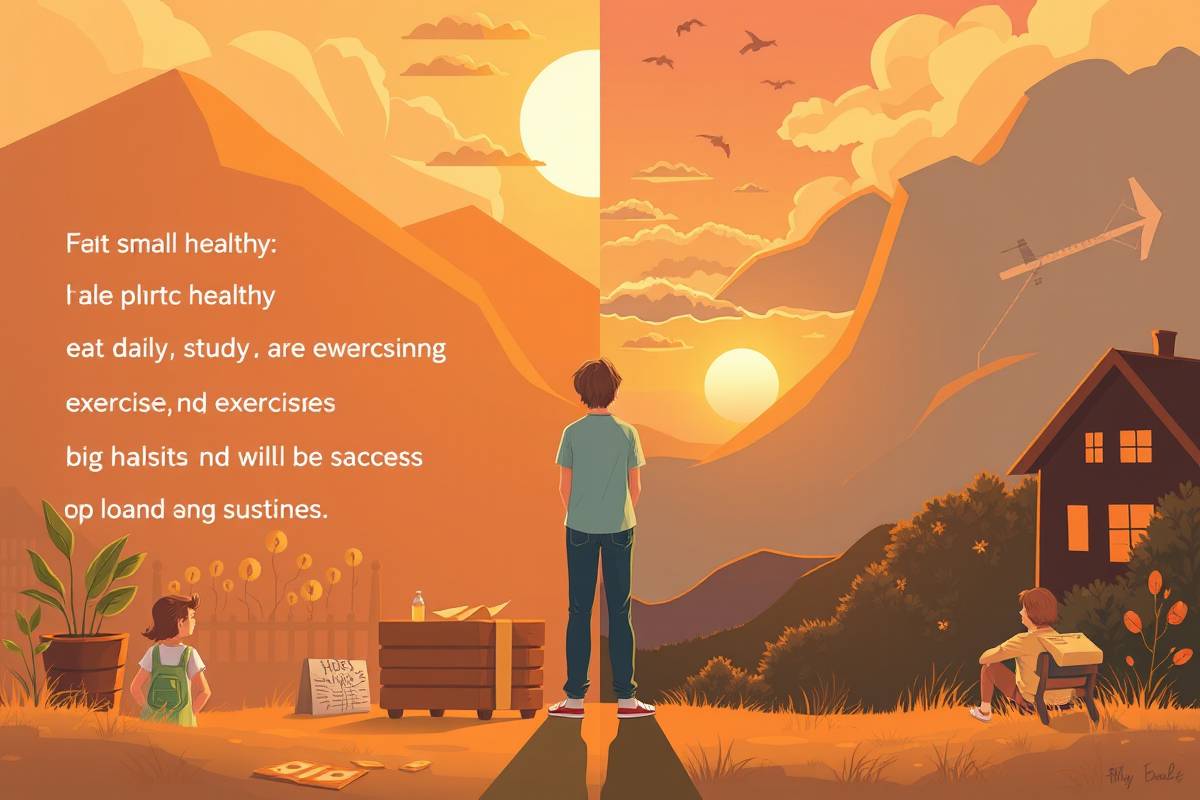Life is full of unexpected twists and turns, and sometimes it feels like we’re constantly facing challenges. That’s where mastering problem-solving in life comes in handy! It’s not just about finding solutions; it’s about developing a mindset that empowers you to navigate difficulties with confidence and resilience. At Billionmode, we believe that effective problem-solving is a key ingredient for building a wealthy, free, and meaningful life. Let’s dive into how you can become a better problem-solver!
Why Problem-Solving Skills Are Essential
Think of problem-solving as your personal superpower. It’s the ability to analyze situations, identify obstacles, and create effective strategies to overcome them. These skills aren’t just useful at work; they’re crucial for navigating relationships, managing your finances, and achieving your personal goals. When you enhance your problem-solving abilities, you enhance every aspect of your life. It allows you to approach challenges proactively, rather than reactively, putting you in control and empowering you to build wealth and achieve financial freedom. Mastering problem-solving will benefit you in all areas of life.
Benefits of Strong Problem-Solving Skills
- Increased Confidence: Successfully solving problems boosts your self-esteem and makes you more confident in your ability to handle future challenges.
- Improved Decision-Making: Problem-solving sharpens your analytical skills, allowing you to make more informed and effective decisions.
- Reduced Stress: Knowing you have the tools to address problems reduces anxiety and stress levels.
- Stronger Relationships: Effective communication and conflict resolution, both aspects of problem-solving, lead to healthier and more fulfilling relationships.
- Enhanced Career Prospects: Employers highly value problem-solving skills, making you a more attractive candidate for job opportunities and promotions.
The Problem-Solving Process: A Step-by-Step Guide
Problem-solving in life isn’t about having all the answers; it’s about having a structured approach to finding them. Here’s a simple yet effective process you can follow:
1. Identify and Define the Problem
The first step is to clearly define the problem. What exactly is the issue? What are its symptoms? Be as specific as possible. For example, instead of saying “I’m not happy at work,” try “I’m feeling unfulfilled in my current role because I’m not using my skills and I’m not seeing opportunities for growth.”
2. Gather Information
Collect all relevant information about the problem. This might involve research, conversations with others, or simply reflecting on your own experiences. The more information you have, the better equipped you’ll be to find a solution. Consider factors contributing to the problem and any constraints you might face.
3. Brainstorm Potential Solutions
Once you have a good understanding of the problem, start brainstorming potential solutions. Don’t censor yourself at this stage; the goal is to generate as many ideas as possible, even if some seem unrealistic at first. Write everything down. Remember that Billionmode is here to provide resources and help you get started.
4. Evaluate and Select the Best Solution
Now, evaluate each potential solution. What are the pros and cons of each option? Which solution is most likely to be effective and feasible? Consider the potential consequences of each solution before making a decision. Pick the solution that best addresses the root cause of the problem and aligns with your values and goals. If you’re dealing with financial problems, you could also consider the advice from Investopedia.
5. Implement the Solution
Take action and implement the chosen solution. This might involve creating a plan, setting goals, and taking small, consistent steps. Be prepared for challenges and setbacks, and be willing to adjust your approach as needed.
6. Evaluate the Results
After implementing the solution, evaluate the results. Did it solve the problem? If not, what can you learn from the experience? Be honest with yourself and be willing to go back to the drawing board if necessary.
Developing a Problem-Solving Mindset
Problem-solving in life is not just a skill; it’s a mindset. Here are some tips for cultivating a problem-solving mindset:
- Embrace Challenges: View problems as opportunities for growth and learning, rather than as obstacles to be avoided.
- Stay Curious: Ask questions, explore new ideas, and be open to different perspectives.
- Be Persistent: Don’t give up easily. Keep trying different approaches until you find a solution.
- Learn from Mistakes: See mistakes as learning opportunities and use them to improve your problem-solving skills.
- Stay Positive: Maintain a positive attitude, even when faced with difficult problems.

Tools and Techniques for Effective Problem-Solving
There are many tools and techniques you can use to enhance your problem-solving in life skills:
- Root Cause Analysis: A structured approach to identifying the underlying causes of a problem.
- SWOT Analysis: A framework for analyzing the strengths, weaknesses, opportunities, and threats related to a particular problem.
- Brainstorming: A collaborative technique for generating ideas and solutions.
- Mind Mapping: A visual tool for organizing thoughts and ideas.
- Decision Matrices: A tool for comparing and evaluating different options based on specific criteria.
Remember that becoming an excellent problem-solver takes time and practice. Start by applying these principles to small challenges in your life and gradually work your way up to more complex problems. By developing a strong problem-solving mindset, you can unlock your full potential and achieve your goals.
Problem-solving in life is a journey, not a destination. Embrace the challenges, learn from your mistakes, and never stop growing. At Billionmode, we’re here to support you every step of the way. You can start here to improve your life and skills.
FAQs
What if I can’t find a solution to my problem?
It’s okay if you can’t find a solution right away. Sometimes, the best approach is to take a break, step back, and revisit the problem with a fresh perspective. You can also seek help from others, such as friends, family, or mentors. Remember that even if you don’t find a perfect solution, you can still learn from the experience and gain valuable insights.
How can I improve my critical thinking skills?
Critical thinking is a crucial component of problem-solving. To improve your critical thinking skills, practice questioning assumptions, analyzing information from multiple perspectives, and evaluating evidence. You can also engage in activities that challenge your thinking, such as reading books, watching documentaries, or participating in debates.
What if I’m afraid of making the wrong decision?
Fear of making the wrong decision is common, but it shouldn’t paralyze you. Remember that every decision involves some level of risk, and there’s no guarantee of a perfect outcome. Focus on gathering as much information as possible, weighing the pros and cons of each option, and making the best decision you can with the information available. Even if you make a mistake, you can learn from it and adjust your approach in the future.



